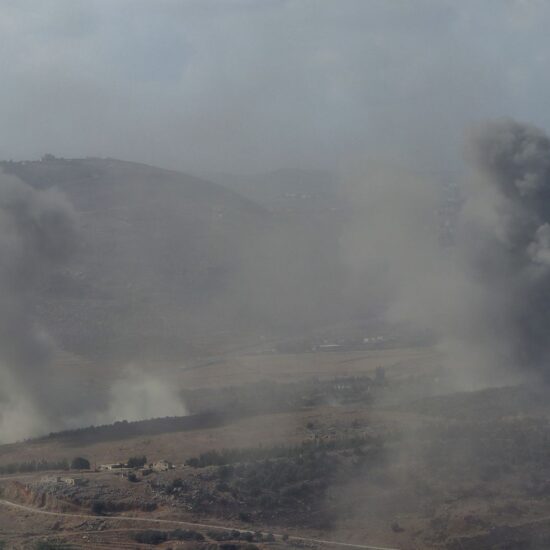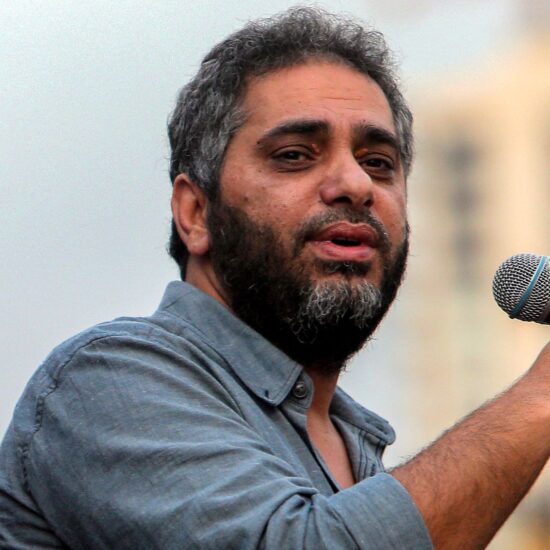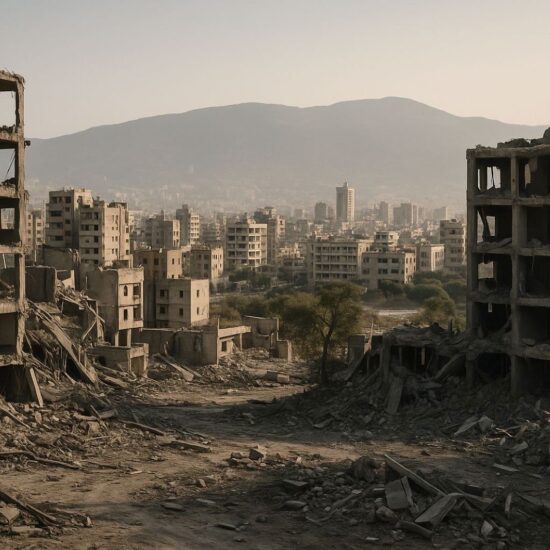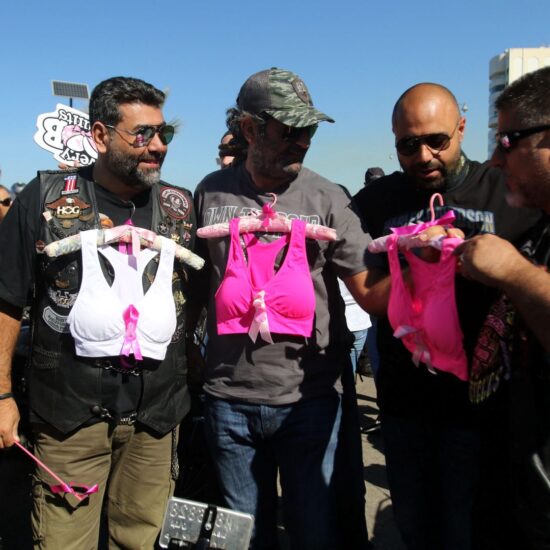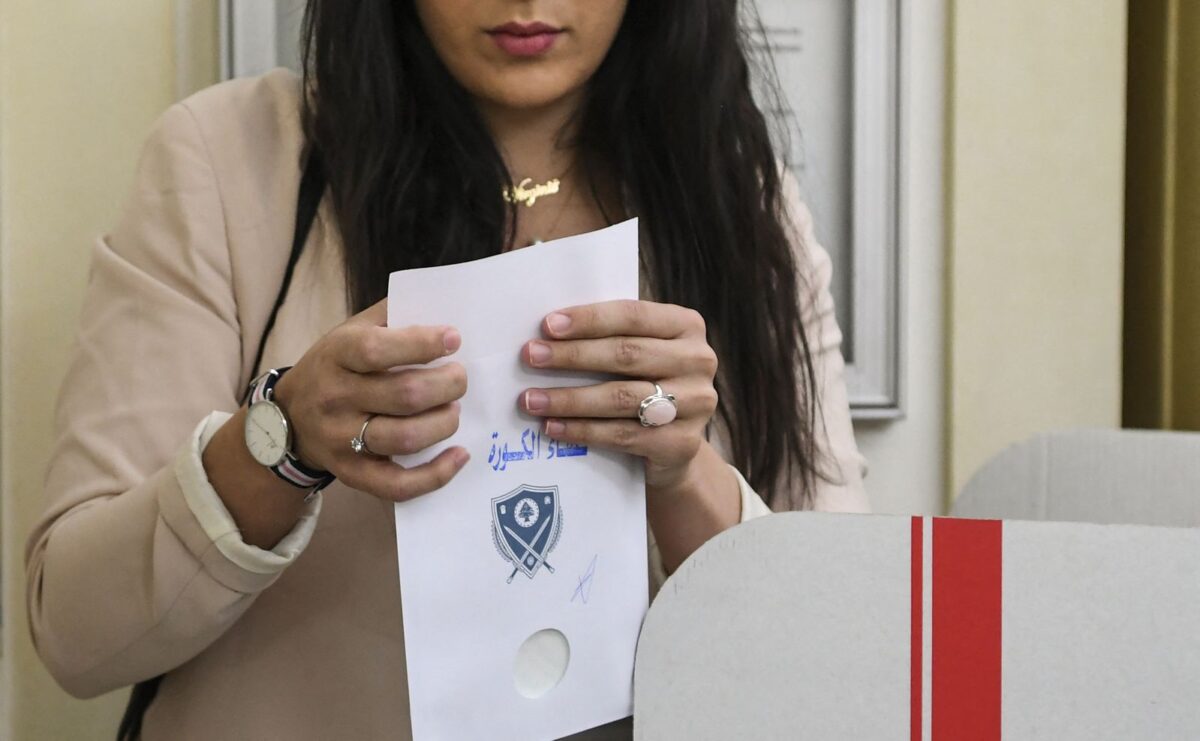
Lebanese expatriates living abroad had a significant impact on the 2022 parliamentary elections, but with elections looming next year, some politicians are trying to prevent this from happening again
As Lebanon goes to the polls next May in crucial parliamentary elections, Parliament speaker Nabih Berri blocked an amendment to the electoral law, further fueling parliamentary deadlock.
Background of the law
In 2017, Lebanon passed a law that allowed citizens living abroad to vote in elections through embassies and consulates. The law stated that six MPs, one from each of Lebanon’s main sects, would be elected to represent the diaspora in special districts created outside the country. But this system was never implemented.
Now, for the first time, there are strong intentions to apply it, which would greatly reduce the voting power of the large Lebanese community abroad. Instead of voting for all 128 MPs, as people in Lebanon do, expatriates would only be able to vote for six MPs in a separate “diaspora bloc.” This is why, in the 2018 and 2022 elections, Lebanese living abroad were still allowed to vote for all 128 MPs in their home districts, just like voters inside Lebanon.
What is today’s scenario and division about?
As the 2026 parliamentary elections approach, politicians are divided into two camps. On the one hand, parties such as Hezbollah and Amal and the Free patriotic movement want to activate the system of six seats reserved for diaspora voters. On the other hand, 68 MP’S, more than the parliamentary majority, want to adopt an amendment allowing expatriates to vote as in 2018 and 2022, but the head of parliament Nabih Berri did not include this amendment on the agenda.
“The speaker of parliament is not playing his role as an independent speaker at an equal distance from everyone, he’s actually playing his role as a political party with vested interest in limiting the involvement of the diaspora in the shape of parliament internally because he stands to lose the most, him and his allies,” Ghassan Hasbini, member of the Lebanese parliament said in an interview with The National.
The question is, why do politicians like Nabih Berri want to reduce the influence of the diaspora? Undoubtedly, the Lebanese diaspora is large and growing.
In the 2022 elections, voter participation among the diaspora tripled compared to 2018, reflecting a rising sense of engagement and frustration with the status quo. For the upcoming 2026 elections, a record number of overseas registrations are expected, signaling an even stronger turnout. This surge in politically motivated voters abroad poses a direct threat to entrenched parties, such as Nabih Berri’s party, known as Amal movement, who fear losing control over the parliamentary balance of power.
Limiting the diaspora’s voting power serves as a way to preserve the influence of traditional political forces within Lebanon.
Over the past few years many young people, especially, have been leaving the country amid economic collapse, political stagnation, and recurring crises. Unlike traditional voter bases, these new expatriates tend to be more politically active, outspoken, and supportive of reformist or independent candidates, challenging the dominance of Lebanon’s long-established political elites.
Critics of the law say it is unfair and essentially treats the Lebanese diaspora as second-class citizens.
Paula Yacoubian said to The National in an interview: “I think every Lebanese, whether living inside Lebanon or outside Lebanon, should have the same chances, the same opportunities to vote for all 128 MPs and not limit them to only a few seats.”
Hezbollah is sanctioned by many countries where large amounts of the diaspora are present. This means that the group is unable to campaign abroad to the same extent that they can in Lebanon.
Unfair decision
“This law weakens our power as expats to have a say in our country’s future because it marginalizes our vote. It is not fair because we have the same IDs and passports as Lebanese living in the country so we need to have the same constitutional rights,” said Rana Itani, a PHD student in France who was heavily involved and active in the Lebanese revolution protests that took place in Paris.
“We should not be sidelined, because today’s system is already broken and it is not performing for the benefit of our country or the diaspora. We have the right to take back control of our country from the mafia oligarchs that continue to strangle everything in the country and our future altogether,” Rania added.
This is probably the most pressing issue for Lebanon and the people’s ongoing fight to democratically eliminate or at least weaken the political structure of corruption.
Significant figures
Lebanon’s 16 million-plus diaspora, often described as the country’s invisible lifeline. The diaspora’s influence does not stop at the ballot as it also sustains Lebanon’s struggling economy. In 2024 remittances totaled 5.8 billion and 6.7 billion in 2023, but still making it 17.7 per cent of Lebanon’s GDP, one of the highest ranked recipients of remittances worldwide.
With an estimated 1.2 to 1.5 million eligible expatriate voters, a number almost equal to Lebanon’s domestic electorate, they have the power to transform the outcome of the May 2026 elections, peacefully and democratically.
In 2022, nearly a quarter of Lebanese registered to vote, and over 141,000 of them actually voted. Their impact was game-changing as expat votes secured more than half of the 13 parliamentary seats that went to change reformist MPs.
The disruption of the legislative session falls under Berri’s responsibility, noting that his insistence on upholding the current law is not aimed at protecting the electoral process but rather at preventing Lebanese expatriates from voting, which he described as a clear case of political targeting of the Lebanese diaspora.
Recently, a group of MPs submitted an urgent draft law to abolish Article 112 and allow Lebanese abroad to vote either within their original districts or under the same conditions as voters in Lebanon. This proposal has gained the support and signatures of more than half of the parliament.
However, Speaker Nabih Berri has excluded the proposal from the parliament’s agenda, effectively blocking discussion and leading to the suspension of legislative sessions, with concerns that this could delay the elections planned for spring 2026.
“Berri insists on maintaining the current law, which limits the diaspora’s representation to six seats, which clearly undermines equality and denies Lebanese expatriates their full constitutional right to political participation.” Said Rawad Farhat, an engineer living in Dubai who had to leave the country amid the economic crisis.
In an interview with NOW, Rawad explained that such restrictions feel like an intentional attempt to silence the voices of Lebanese who were forced to emigrate due to the country’s worsening conditions and want to make a change.
Rodayna Raydan is a Lebanese-British journalist. You can follow her on Twitter @Rodayna_462
The views in this story reflect those of the author alone and do not necessarily reflect the beliefs of NOW.





